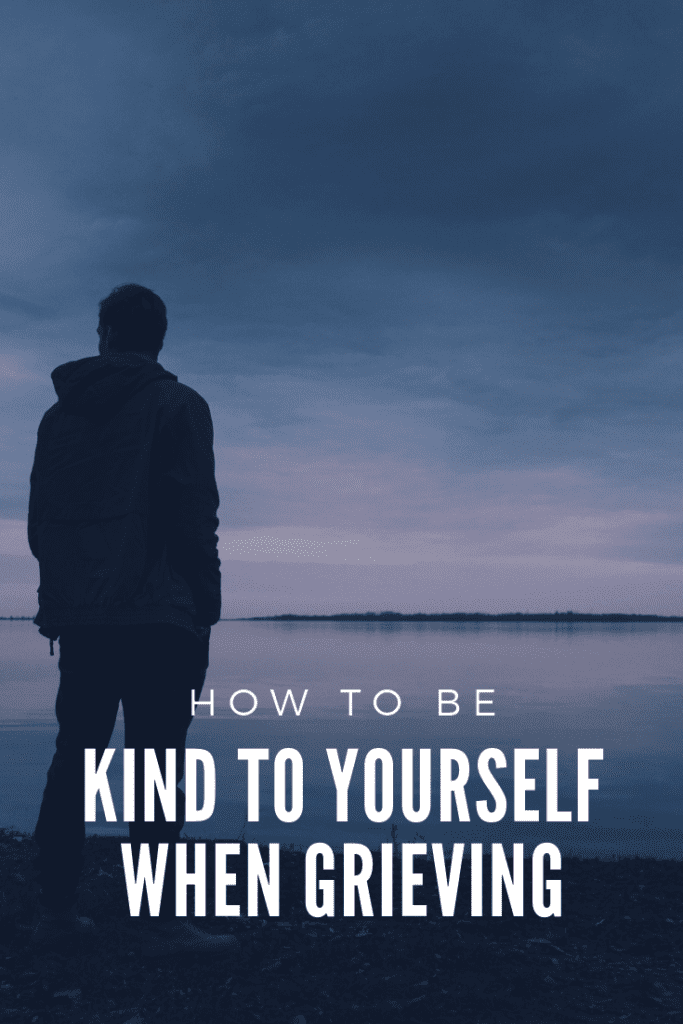Grief, loss, bereavement – it’s impossible to escape these heartbreaking experiences. Losing a loved one is never easy, and there is no right or wrong way to grieve. If you find yourself going through this challenging experience, here are some things to remember to get you through.
Grieving is different for everyone. Your age and your physical or mental health might impact how you grieve, as well as your cultural and religious beliefs, or the way you were brought up. Everyone experiences loss in a slightly different way and expresses their emotions differently.
When we think of bereavement, we often think of sadness. But in truth, there are many different stages to grieving – and sadness can often come later. So if you’re experiencing confusion, denial, or even anger, this is entirely normal.
Healing takes time
So try not to rush yourself through the healing process. For some people, the grieving period lasts much longer than for others. You don’t have to experience it alone, though. There is specialist help in the form of counsellors, therapists, and psychologists who specialize in grief. If you feel like you need support, you could seek out grief counseling.
Whether you see a specialist or not, there is plenty you can do to support yourself emotionally. Don’t be afraid to express your feelings. Friends, family, religious communities, or even a grief support group can help you to get through the tough times.
Try your best not to become too isolated. It’s perfectly normal and healthy to feel sad, so find ways to express this. There’s no need to hide how you feel. Equally, you might be tempted to drown out your emotions by drinking or taking drugs. This might seem helpful at the time, but can actually make you feel worse in the long run.
What to do
What about practical actions you can take? It can be hard when you’re feeling low, but taking care of yourself is vital. Eating a nutritious and balanced diet is important, and so is getting plenty of sleep. If your grief is stopping you from sleeping, you can get help from your doctor. Some people find that listening to soothing relaxation tapes can calm down a racing mind, too.
On the other hand, you might find that the emotional strain is leaving you exhausted. Give yourself plenty of time to rest, but try not to fall into a pattern of oversleeping. Maintaining a routine when you’re feeling low can give you some semblance of structure and normality in your day to day life. Without a routine that keeps you relatively busy and gets you out of the house, you could become isolated and depressed.
One Thing to Remember
The main thing to remember is that even when you feel alone, there are people who can support you. If your emotions are intense or unbearable, or you feel like you might be developing depression or anxiety, it’s imperative to get help. Speaking to your doctor might be the first thing you do. They can prescribe medication or point you in the direction of services that can help you.
Grieving is a challenging and emotionally draining process, but with a little self-compassion, you will get through to the other side.









